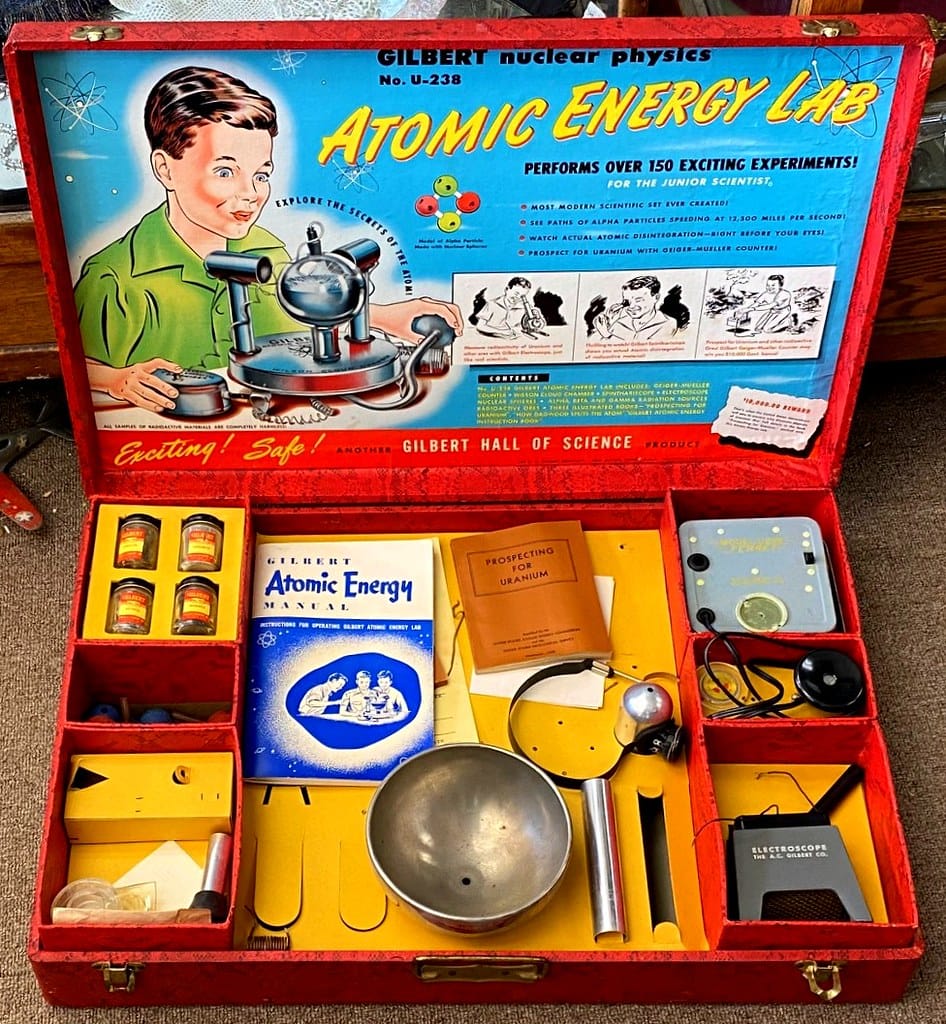Google Bets Big on Nuclear: Tech Giant Plans Advanced Reactor Project in Tennessee
Google has announced plans to develop an advanced nuclear reactor project in Tennessee, marking a significant shift in how Big Tech companies are approaching their massive energy needs. This groundbreaking initiative positions Google at the forefront of a new wave of corporate investment in next-generation nuclear technology, as the company seeks to power its growing network of data centers with clean, reliable energy.
The Nuclear Renaissance Meets Silicon Valley
The project, developed in partnership with nuclear startup Kairos Power, represents Google's most ambitious clean energy venture to date. Unlike traditional nuclear power plants, this initiative focuses on advanced small modular reactors (SMRs) that promise enhanced safety features, reduced construction costs, and faster deployment times.
Google's decision comes as the tech industry grapples with skyrocketing energy demands driven by artificial intelligence computing, cloud services, and cryptocurrency mining. The company's data centers already consume enough electricity to power entire cities, and with AI workloads expected to triple by 2030, traditional renewable sources may not be sufficient to meet demand while maintaining carbon neutrality goals.
Why Tennessee Makes Strategic Sense
The Volunteer State offers several advantages for Google's nuclear ambitions. Tennessee already hosts a robust nuclear infrastructure, with the Tennessee Valley Authority operating multiple nuclear facilities across the region. This existing expertise and regulatory familiarity create a more favorable environment for advanced reactor development.
The state's business-friendly policies and abundant cooling water resources from the Tennessee River system provide additional benefits. Local officials have embraced the project, citing potential job creation and economic development opportunities. Governor Bill Lee's administration has actively courted technology companies, making Tennessee an attractive destination for innovative energy projects.
Advanced Reactor Technology: A Game Changer
Kairos Power's technology centers on fluoride salt-cooled, high-temperature reactors (FHRs) that operate at significantly lower pressures than conventional nuclear plants. These reactors use TRISO fuel, consisting of uranium particles coated in multiple protective layers, making meltdowns virtually impossible.
The modular design allows for factory construction and site assembly, potentially reducing build times from decades to just a few years. Each unit can generate between 50-300 megawatts of electricity, making them ideal for powering large industrial facilities like data centers while remaining small enough to integrate into existing power grids.
Industry Implications and Market Response
Google's move signals a broader shift in corporate energy strategy. Microsoft recently announced plans to restart Three Mile Island's reactor, while Amazon has invested in SMR technology through partnerships with multiple nuclear startups. These tech giants recognize that meeting ambitious climate goals while supporting energy-intensive operations requires solutions beyond solar and wind power.
The announcement has energized the nuclear investment community, with Kairos Power's valuation reportedly climbing following the Google partnership. Industry analysts project that corporate-backed nuclear projects could accelerate regulatory approval processes and provide the financial backing needed to commercialize advanced reactor technologies.
Regulatory Hurdles and Timeline Challenges
Despite the promising technology, significant obstacles remain. The Nuclear Regulatory Commission must approve Kairos Power's reactor design, a process that typically takes several years. The company submitted its construction permit application in 2023, with commercial operation not expected until the early 2030s.
Local communities have expressed mixed reactions, with supporters highlighting economic benefits and clean energy advocates praising the carbon-free power generation. However, some residents remain concerned about nuclear waste storage and long-term safety implications, despite the enhanced safety features of advanced reactor designs.
The Broader Clean Energy Picture
This nuclear initiative complements Google's existing renewable energy portfolio, which includes over 6 gigawatts of solar and wind capacity worldwide. The company has committed to operating on 24/7 carbon-free energy by 2030, a goal that requires consistent baseload power that nuclear energy uniquely provides.
The project also aligns with federal energy policy, as the Biden administration has allocated billions in funding for advanced nuclear technology development through the Infrastructure Investment and Jobs Act and the Inflation Reduction Act.
Looking Ahead: Nuclear's Corporate Future
Google's Tennessee nuclear venture represents more than just one company's energy solution—it's a potential blueprint for how major corporations can drive innovation in clean energy infrastructure. Success could trigger a wave of similar projects, fundamentally reshaping both the nuclear industry and corporate energy procurement strategies.
As the digital economy continues expanding and climate commitments intensify, advanced nuclear power may prove essential for balancing environmental responsibility with operational demands. Google's bold bet on nuclear technology in Tennessee could well define the next chapter of clean energy development in America.
